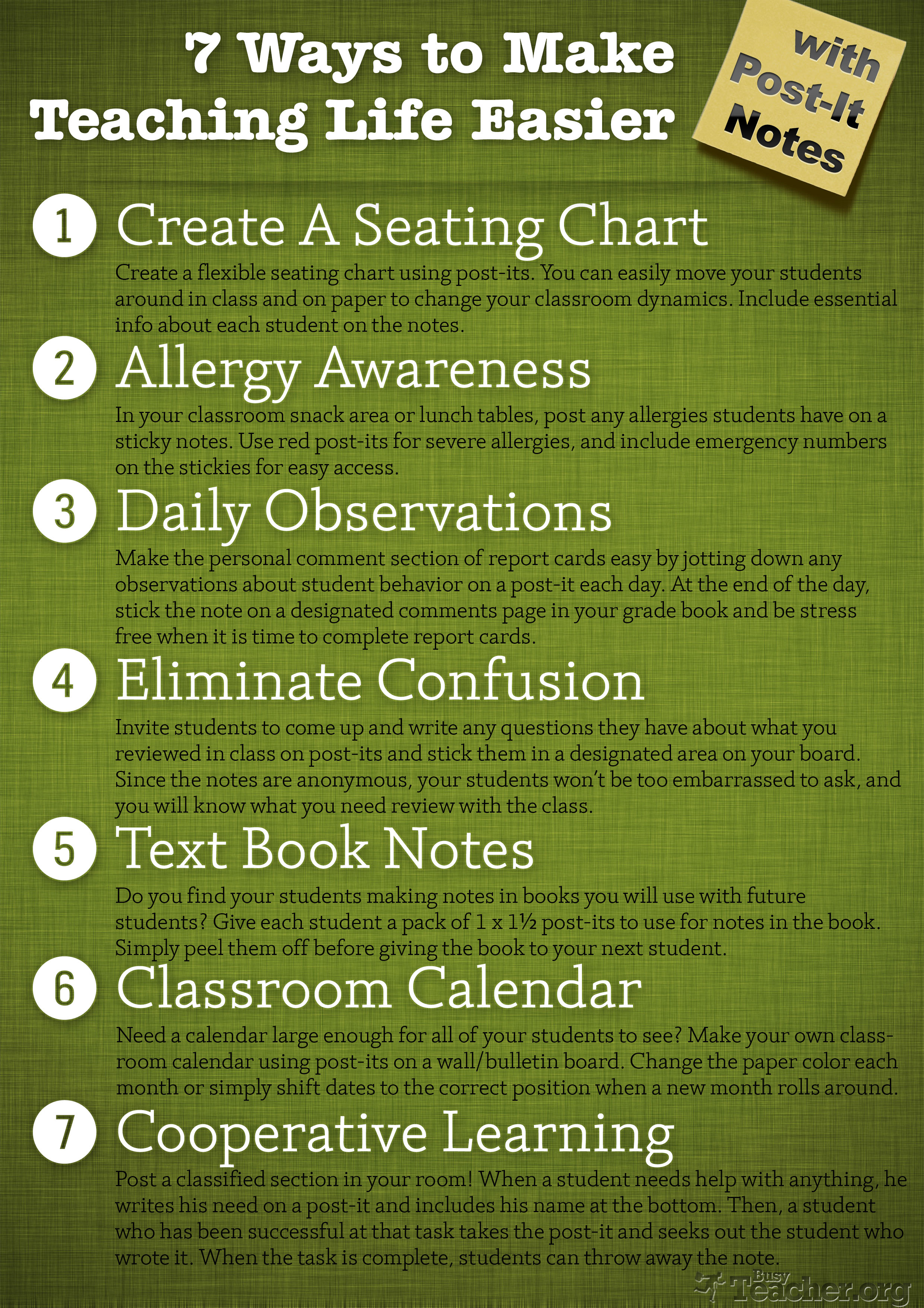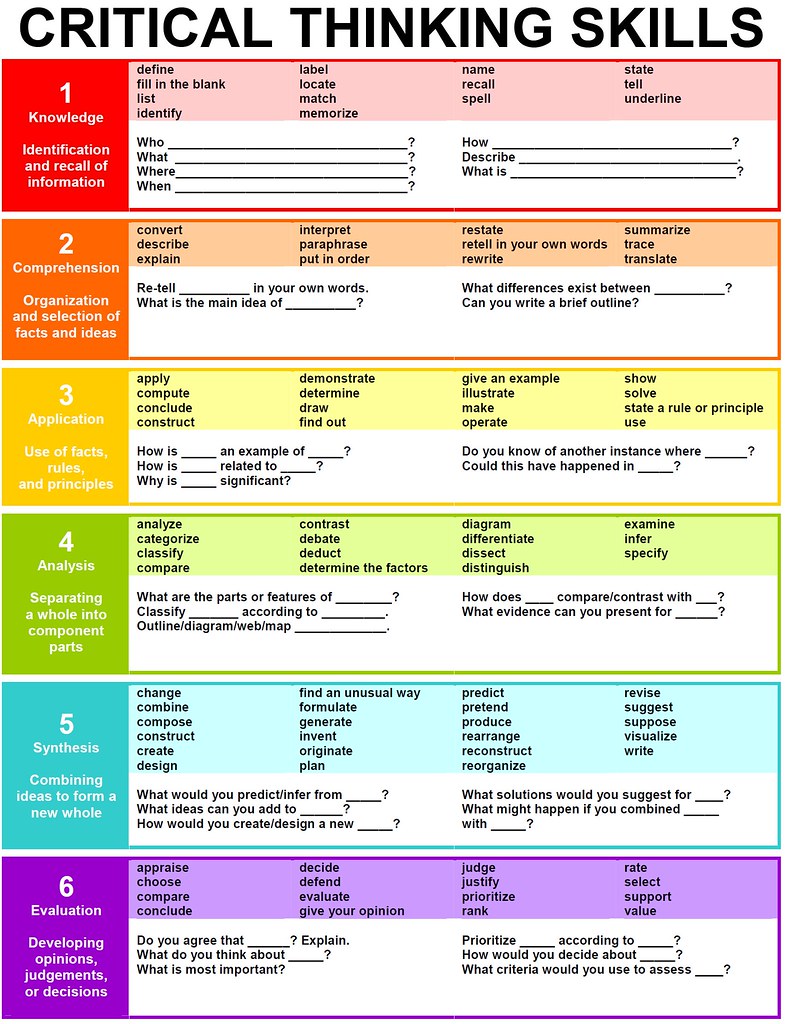This guest post is by Ali Luke of Aliventures.
If you’ve been blogging for a while, you’ve probably come across advice to blog every day.
Perhaps you feel that you must blog every day—and you’re reluctant to even start your blog because you know you don’t have that much time.
Or maybe you’re already blogging, and doing your best to get out a post every single day—but you don’t seem to get many comments or tweets.
The good news is that you almost certainly don’t need to blog every day. In fact, you may well find that posting just a couple of times a week works better for you.
But before you dismiss posting daily altogether, here’s why it could be a good idea.
Why posting every day might work for you
Some bloggers do best when they’re in a steady routine—and you might be one of them. If you find that posting once or twice a week quickly ends up as posting once or twice a month, then you might actually find it easier to post every day. That way, you can build a strong writing habit.
Another reason for posting daily is if you’re writing a news-focused blog in a fast-moving niche. One weekly post just isn’t going to work if you want to be on the cutting edge of what’s happening.
There are also some SEO benefits to quickly building up a lot of posts on your site: all else being equal, the more pages you have, the more opportunities a reader has to find you through search engines. (Of course, it’s not quite as simple as that in practice—one high-ranking post will generally bring you much more traffic than five so-so ones.)
If you’re going to post every day:
- Keep your posts short and to the point.
- Plan ahead, so you don’t end up publishing sub-standard content when you’re in a rush.
- Vary your post types: try video posts, or image-heavy ones, for instance.
Why one, two or three posts per week is usually better
Over the past couple of years, there’s been a shift in the blogging world. More and more prominent bloggers-on-blogging are moving away from daily posting—and reassuring their readers that you don’t have to post every day in order to be successful.
Five years ago, there weren’t so many “pro”-style blogs around, and readers were eager for content. Today, with a wealth of blogs to choose from, readers quickly get burnt out.
I once surveyed readers here on ProBlogger about the reasons they unsubscribed from RSS feeds, and the number one answer was “posting too much.” Respondents expressed that they developed “burnout” and would unsubscribe if a blog became too “noisy.” —Darren Rowse, You MUST Post Every Day on Your Blog [Misconceptions New Bloggers Have #2]
As a reader, I much prefer blogs that post once a week or even once every two weeks—but always say something genuinely useful—than blogs that post every day just for the sake of it. If you look at the blogs you read in depth versus the ones you skim, you’ll probably realize that you feel the same way.
As a blogger, posting once or twice a week lets me write in-depth, carefully constructed posts—ones that are more likely to get links and tweets. I also get more comments per post this way, and have the time to engage with readers over several days of commenting.
If you’re only going to post twice a week:
- Look at which content on your blog is most popular, so you can make every single post a successful one.
- Experiment with longer posts, perhaps 1,000+ words.
- Focus on evergreen content, so that each post will stay relevant for years.
Finding your perfect blogging routine
As bloggers, we all have different skills, personalities, and constraints on our time and energy. Don’t force yourself to stick to someone else’s blogging routine—it won’t necessarily work well for you.
Your perfect blogging routine might be one post a week, or one post a day. It might involve writing posts when you’re feeling inspired, or writing posts to a set schedule. You might use a content calendar to help you plan ahead with all or some of your content—or you might have differently themed posts on certain days of the week or month.
There’s no “one size fits all” approach to blogging, and what’s important is that you find a routine that you can stick to over the long term—not one that leaves you burnt out after a few weeks.
Don’t worry that readers will get upset if you change your posting frequency. I’ve chopped and changed on different blogs—and I’ve never had a reader complain that they wanted five posts a week, not three, or that they wanted my posts to be on Mondays and Thursdays, not Tuesdays and Fridays.
When you’re experimenting with your blogging routine:
- Don’t change things too abruptly: try going from five posts per week to three posts per week, for instance.
- Consider surveying your readers to find out whether they’d like more or fewer posts.
- Experiment with writing posts ahead of time, or with creating a content calendar.
Blogging shouldn’t be a chore: if posting daily isn’t working out for you, it’s probably not working well for your readers either. Today, take a look at your blogging routine and see whether you want to make any changes—and leave a comment below to let us know what you decide.
Ali Luke will be leading day-long blogging courses in London from September 2012. If you’d like to learn more about blogging, with hands-on exercises and one-to-one support as part of a small group, book your place today. (Numbers limited to 8 people per session.)
(Πηγή: http://www.problogger.net/archives/2012/08/11/how-often-should-you-blog-hint-the-answer-might-surprise-you/)







